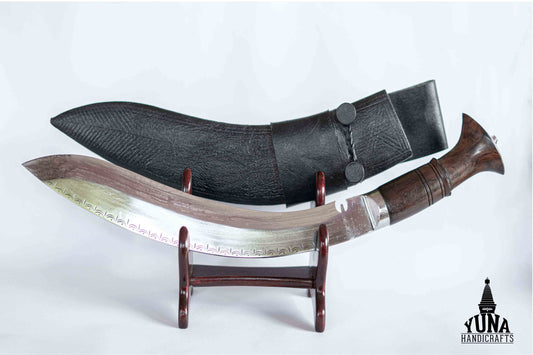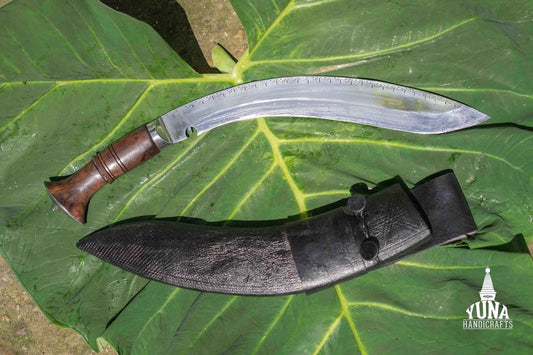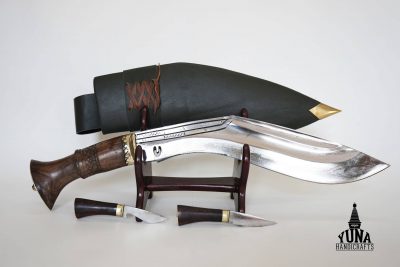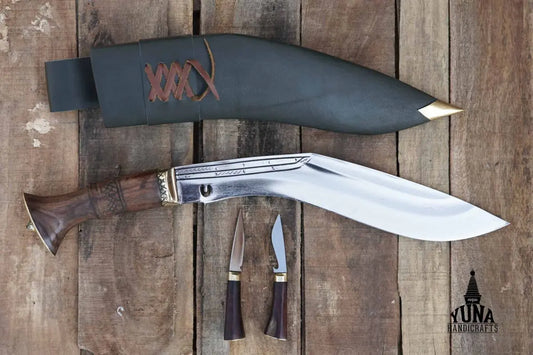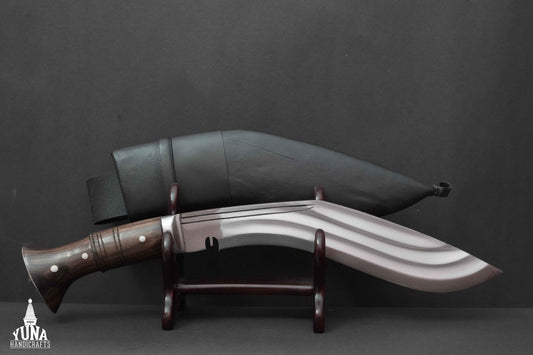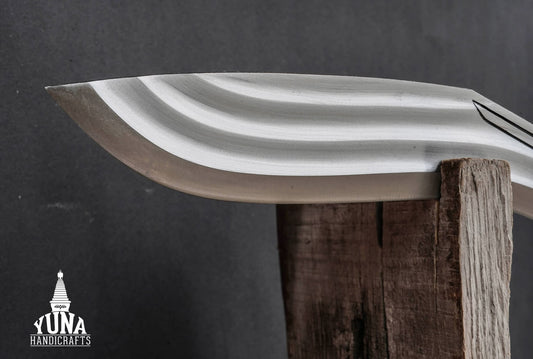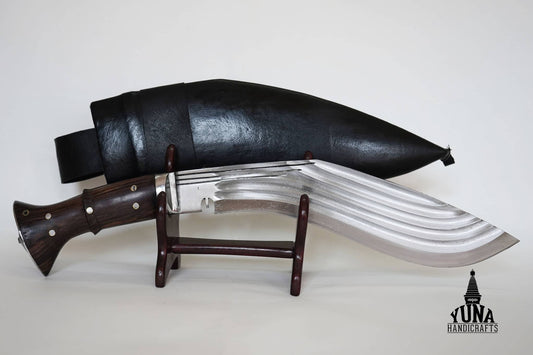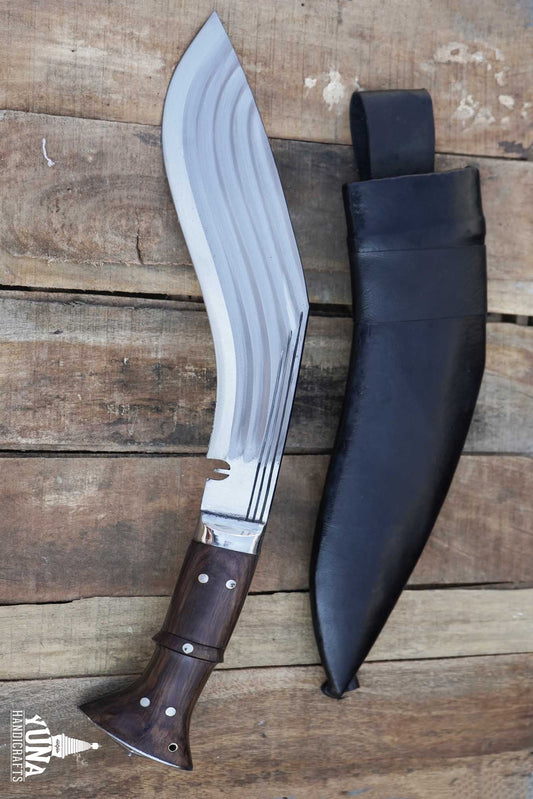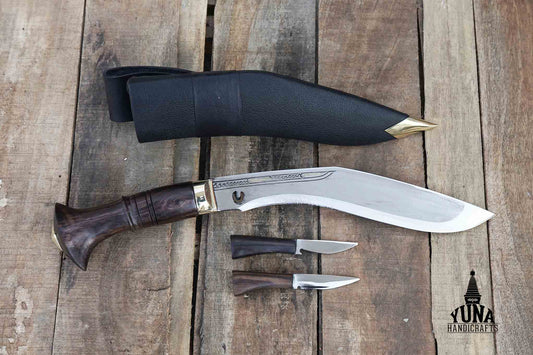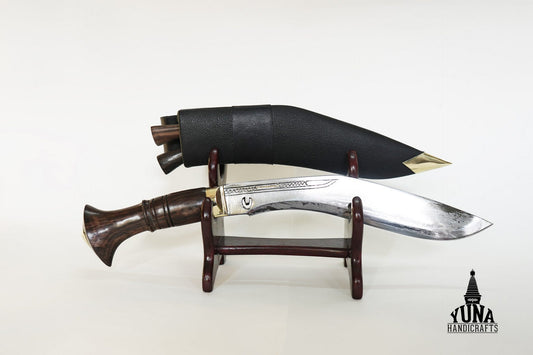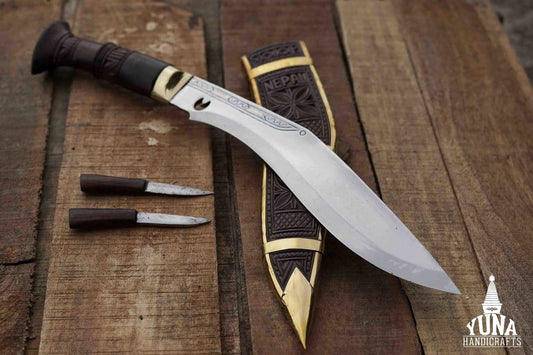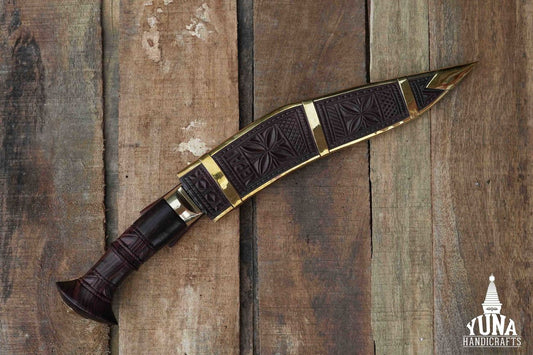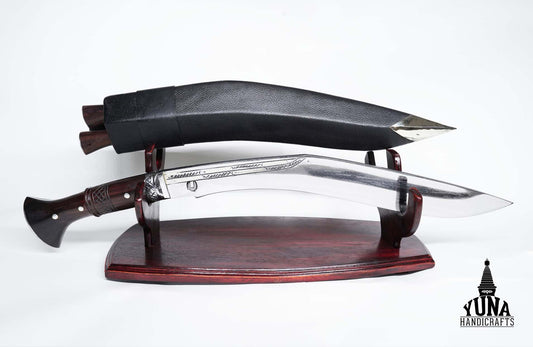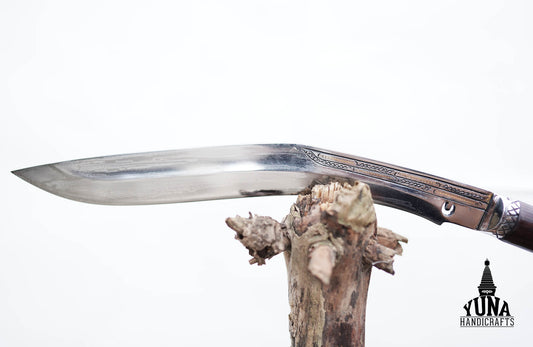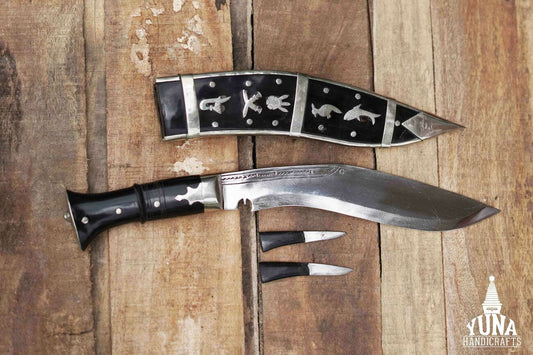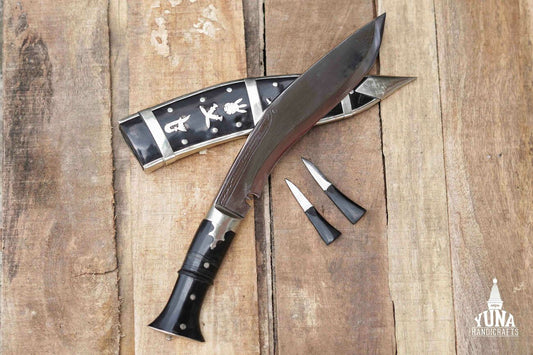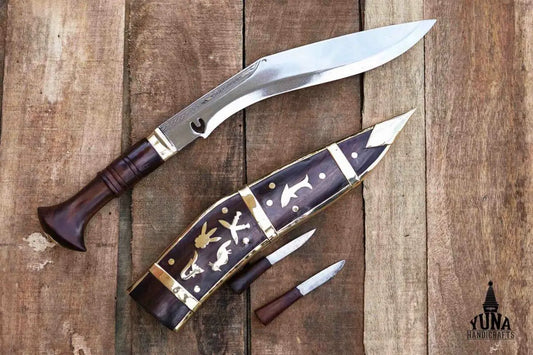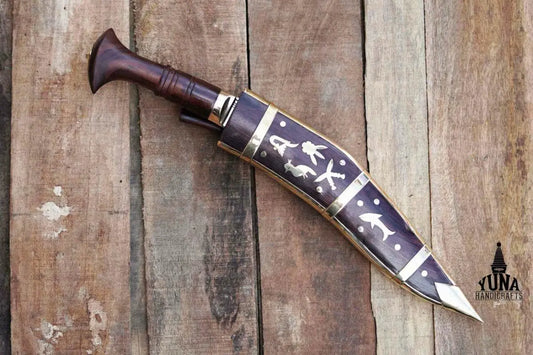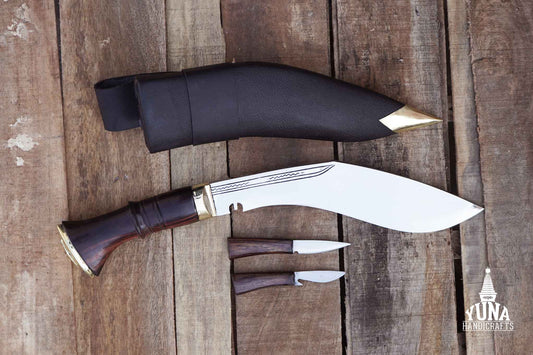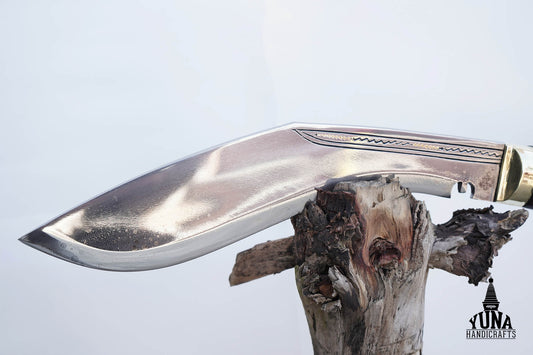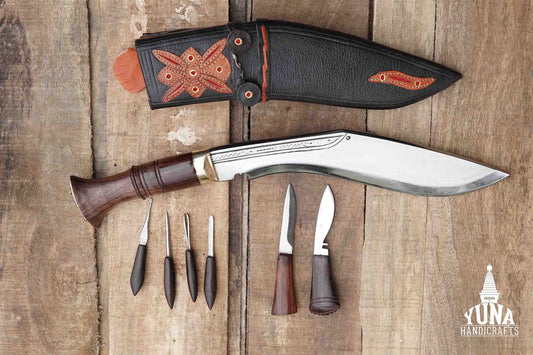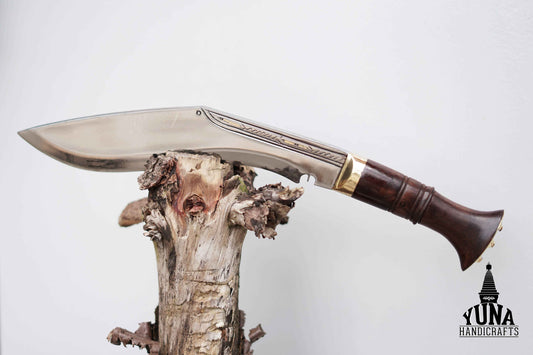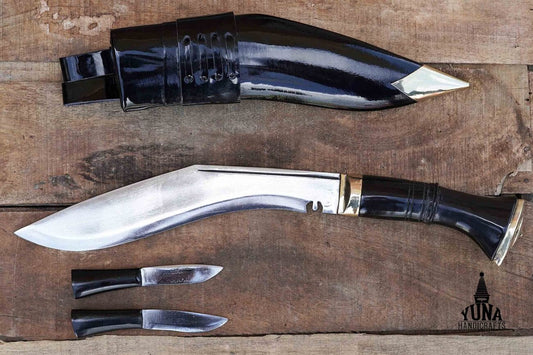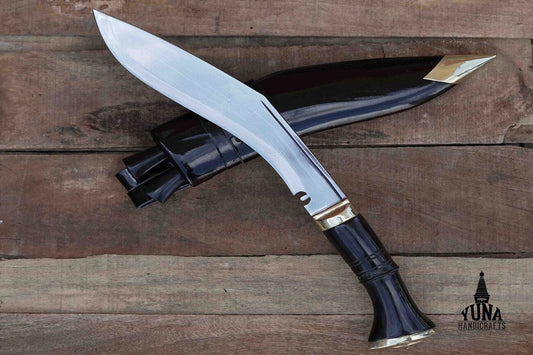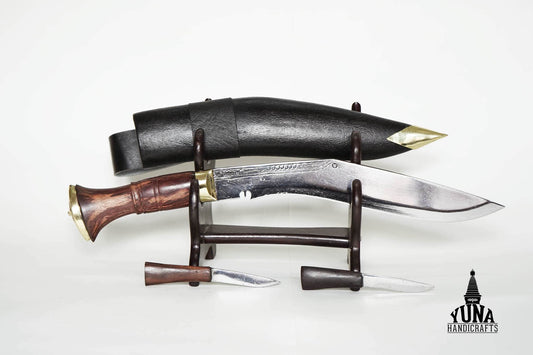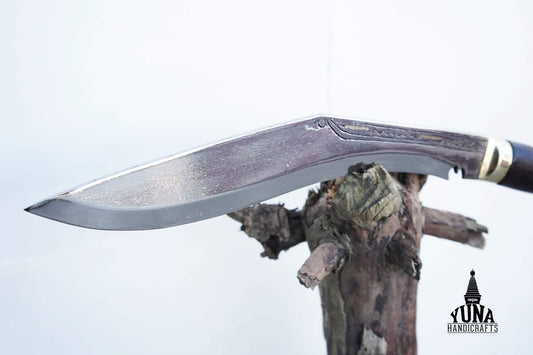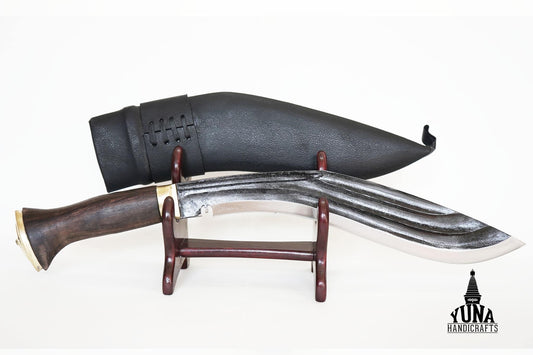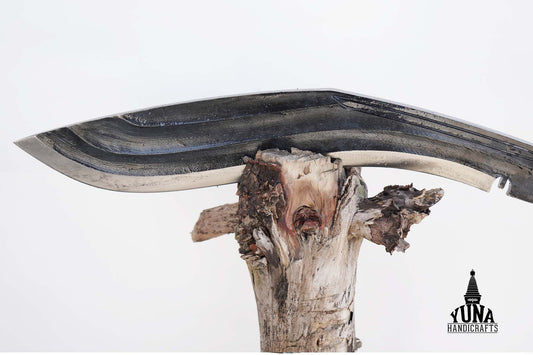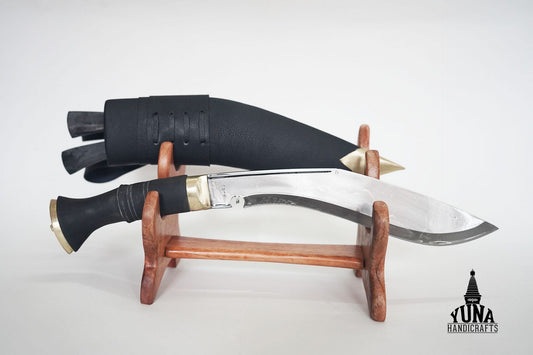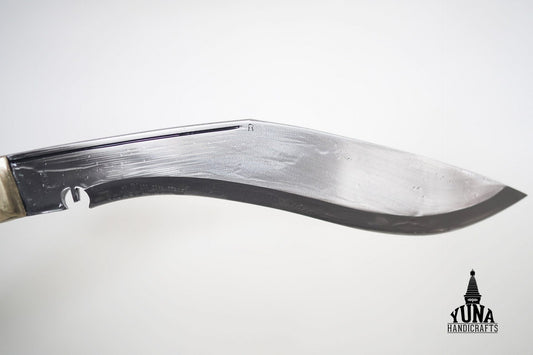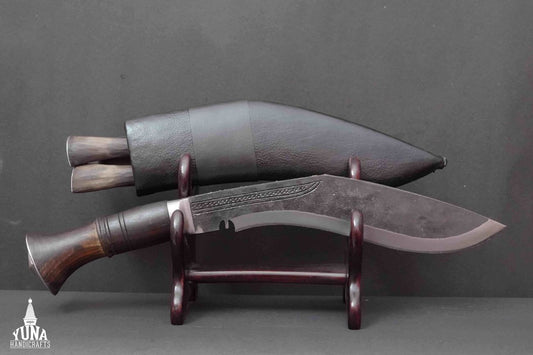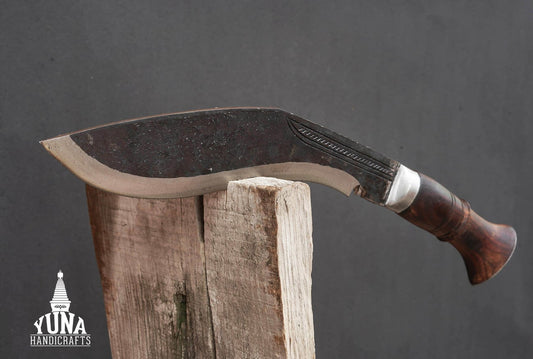-
12 In Salyani Khukuri Handmade In Nepal
Regular price $180.00 USDRegular price -
Dui Chirra Kukri From Nepal (2 Chirra)
Regular price From $140.00 USDRegular price -
3 Chirra Kukri Made In Nepal
Regular price From $130.00 USDRegular price -
5 Chirra Kukri
Regular price From $140.00 USDRegular price -
Handmade Chainpure Khukuri With Leather Sheath
Regular price From $110.00 USDRegular price -
Chainpure Kukri With Wooden Sheath
Regular price From $130.00 USDRegular price -
Chitlange Kukri Nepali Knife
Regular price From $130.00 USDRegular price -
Dhankute Khukuri Knife From Nepal
Regular price From $160.00 USDRegular price -
Dhankute Kukri With Wood Handle
Regular price From $130.00 USDRegular price -
Bhojpuri Kukri Traditional Nepali Knife
Regular price From $120.00 USDRegular price -
Ganjawala Kukri From Nepal
Regular price From $170.00 USDRegular price -
Latest Issue BSI Drill Kukri Service No 1
Regular price From $130.00 USDRegular price -
Handmade Nepali Sirupate Khukuri
Regular price From $120.00 USDRegular price -
RAW 3 Chirra Beast Kukri
Regular price From $120.00 USDRegular price -
Jungle Exercise Gurkha Kukri Service No 2
Regular price From $120.00 USDRegular price -
Solid Bahadur Nepali Khukuri
Regular price From $120.00 USDRegular price

